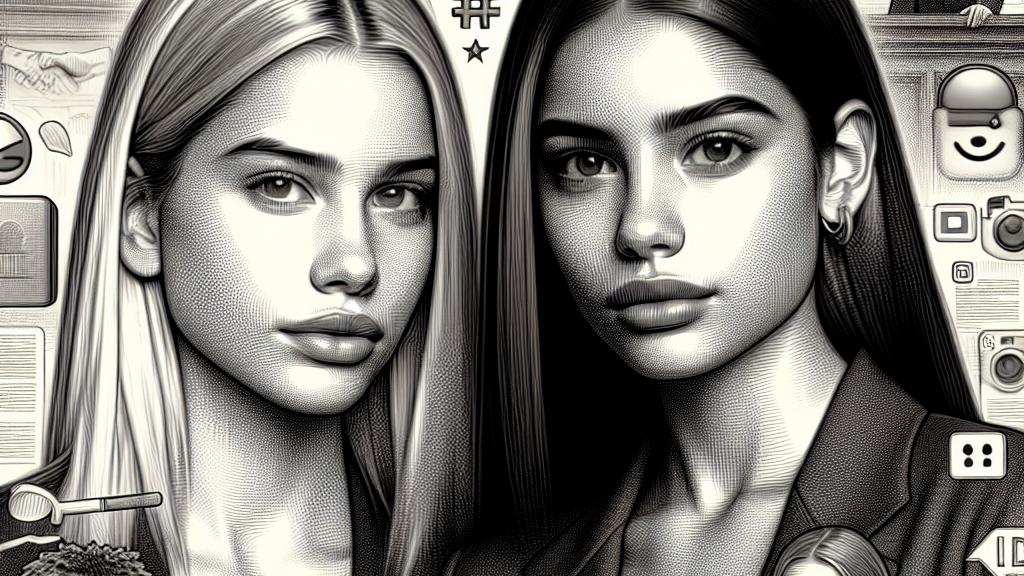Understanding the Sad Beige Lawsuit and Its Impact on Social Media
Overview
- Sydney Nicole Gifford is suing Alissa Sheil, claiming she stole her distinctive fashion aesthetic.
- This case challenges traditional copyright interpretations and their application in the social media realm.
- A victory for Gifford could ignite a wave of similar lawsuits, forever changing influencer dynamics.

The Context of the Sad Beige Lawsuit
In a fascinating legal drama in the United States, influencer Sydney Nicole Gifford, who’s just 24 years old, has launched a bold lawsuit against her peer Alissa Sheil. Gifford alleges that Sheil has appropriated her signature aesthetic—a style famously described as 'Sad Beige,' emphasizing muted neutral tones. This isn’t just a petty feud; it questions the very foundation of what constitutes originality and ownership in the fast-paced world of social media. Think about how many times you’ve seen similar styles on platforms like TikTok and Instagram, where everyone seems to have adopted the latest trends. This case represents a crucial moment—one that may set precedents for how influencers can protect their hard-earned creative identities.
Exploring the Legal Implications
Gifford’s case encompasses a staggering eight claims, which probe into issues like copyright infringement and violations of the Digital Millennium Copyright Act. Imagine her frustration when she sees Sheil not only showcasing similar products but also mirroring her unique promotional style—one she has crafted painstakingly over time. She argues that her aesthetic is not just a trend; it’s a carefully curated brand identity. However, some legal experts are skeptical, suggesting that since Sheil hasn’t directly copied Gifford’s images or wording, determining copyright infringement may be challenging. In a sense, it feels like the classic debate of ‘inspiration vs. imitation’ laid bare in a courtroom.
Beyond the Courtroom: The Larger Implications
The potential fallout from the Sad Beige lawsuit isn't just relevant to Gifford and Sheil; it could revolutionize how influencers navigate their creative expressions online. Should Gifford win her case, brace yourself for a tidal wave of similar lawsuits flooding the courts, as countless content creators might suddenly feel empowered to assert their rights. Picture a scenario where influencers carefully scrutinize their peers, always wary of inadvertently stepping on toes. This could lead to an era where originality is fiercely protected, and the fear of imitation stifles creativity. All in all, the case represents a pivotal intersection of law and social media, poised to change the influencer landscape as we know it.

Loading...